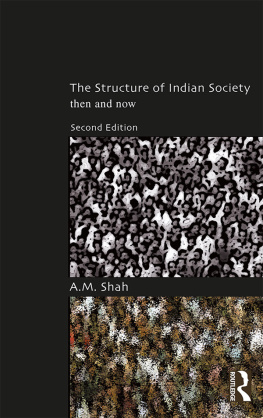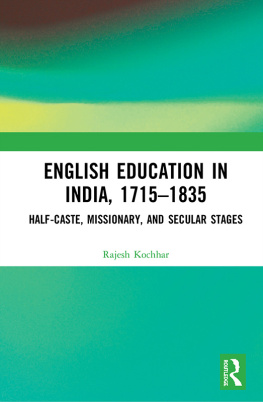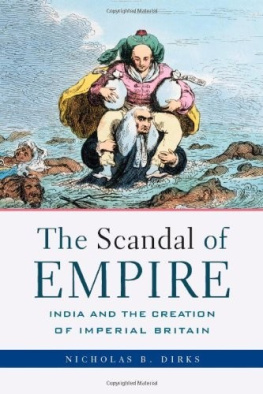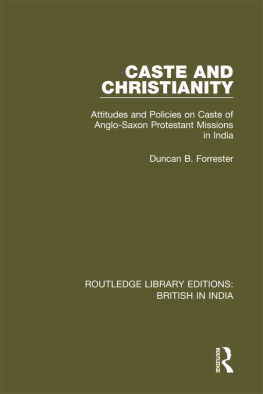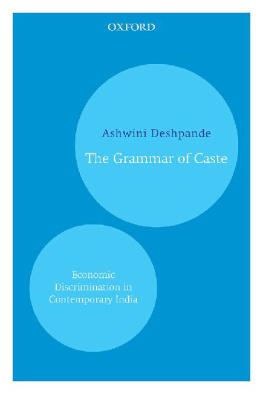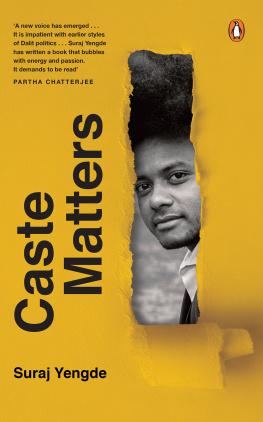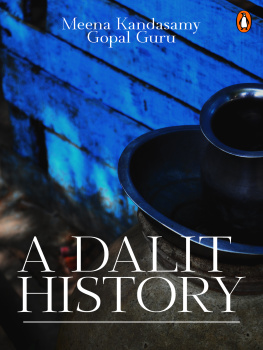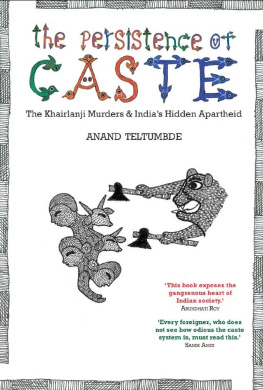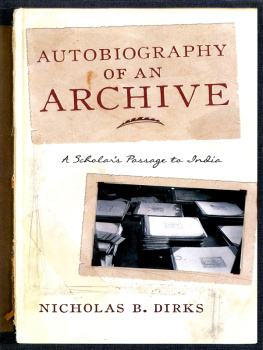Nicholas B. Dirks - Castes of Mind: Colonialism and the Making of Modern India.
Here you can read online Nicholas B. Dirks - Castes of Mind: Colonialism and the Making of Modern India. full text of the book (entire story) in english for free. Download pdf and epub, get meaning, cover and reviews about this ebook. year: 2001, publisher: Princeton University Press, genre: Politics. Description of the work, (preface) as well as reviews are available. Best literature library LitArk.com created for fans of good reading and offers a wide selection of genres:
Romance novel
Science fiction
Adventure
Detective
Science
History
Home and family
Prose
Art
Politics
Computer
Non-fiction
Religion
Business
Children
Humor
Choose a favorite category and find really read worthwhile books. Enjoy immersion in the world of imagination, feel the emotions of the characters or learn something new for yourself, make an fascinating discovery.

- Book:Castes of Mind: Colonialism and the Making of Modern India.
- Author:
- Publisher:Princeton University Press
- Genre:
- Year:2001
- Rating:5 / 5
- Favourites:Add to favourites
- Your mark:
Castes of Mind: Colonialism and the Making of Modern India.: summary, description and annotation
We offer to read an annotation, description, summary or preface (depends on what the author of the book "Castes of Mind: Colonialism and the Making of Modern India." wrote himself). If you haven't found the necessary information about the book — write in the comments, we will try to find it.
When thinking of India, it is hard not to think of caste. In academic and common parlance alike, caste has become a central symbol for India, marking it as fundamentally different from other places while expressing its essence. Nicholas Dirks argues that caste is, in fact, neither an unchanged survival of ancient India nor a single system that reflects a core cultural value. Rather than a basic expression of Indian tradition, caste is a modern phenomenon--the product of a concrete historical encounter between India and British colonial rule. Dirks does not contend that caste was invented by the British. But under British domination caste did become a single term capable of naming and above all subsuming Indias diverse forms of social identity and organization.
Dirks traces the career of caste from the medieval kingdoms of southern India to the textual traces of early colonial archives; from the commentaries of an eighteenth-century Jesuit to the enumerative obsessions of the late-nineteenth-century census; from the ethnographic writings of colonial administrators to those of twentieth-century Indian scholars seeking to rescue ethnography from its colonial legacy. The book also surveys the rise of caste politics in the twentieth century, focusing in particular on the emergence of caste-based movements that have threatened nationalist consensus.
Castes of Mind is an ambitious book, written by an accomplished scholar with a rare mastery of centuries of Indian history and anthropology. It uses the idea of caste as the basis for a magisterial history of modern India. And in making a powerful case that the colonial past continues to haunt the Indian present, it makes an important contribution to current postcolonial theory and scholarship on contemporary Indian politics.
Nicholas B. Dirks: author's other books
Who wrote Castes of Mind: Colonialism and the Making of Modern India.? Find out the surname, the name of the author of the book and a list of all author's works by series.

